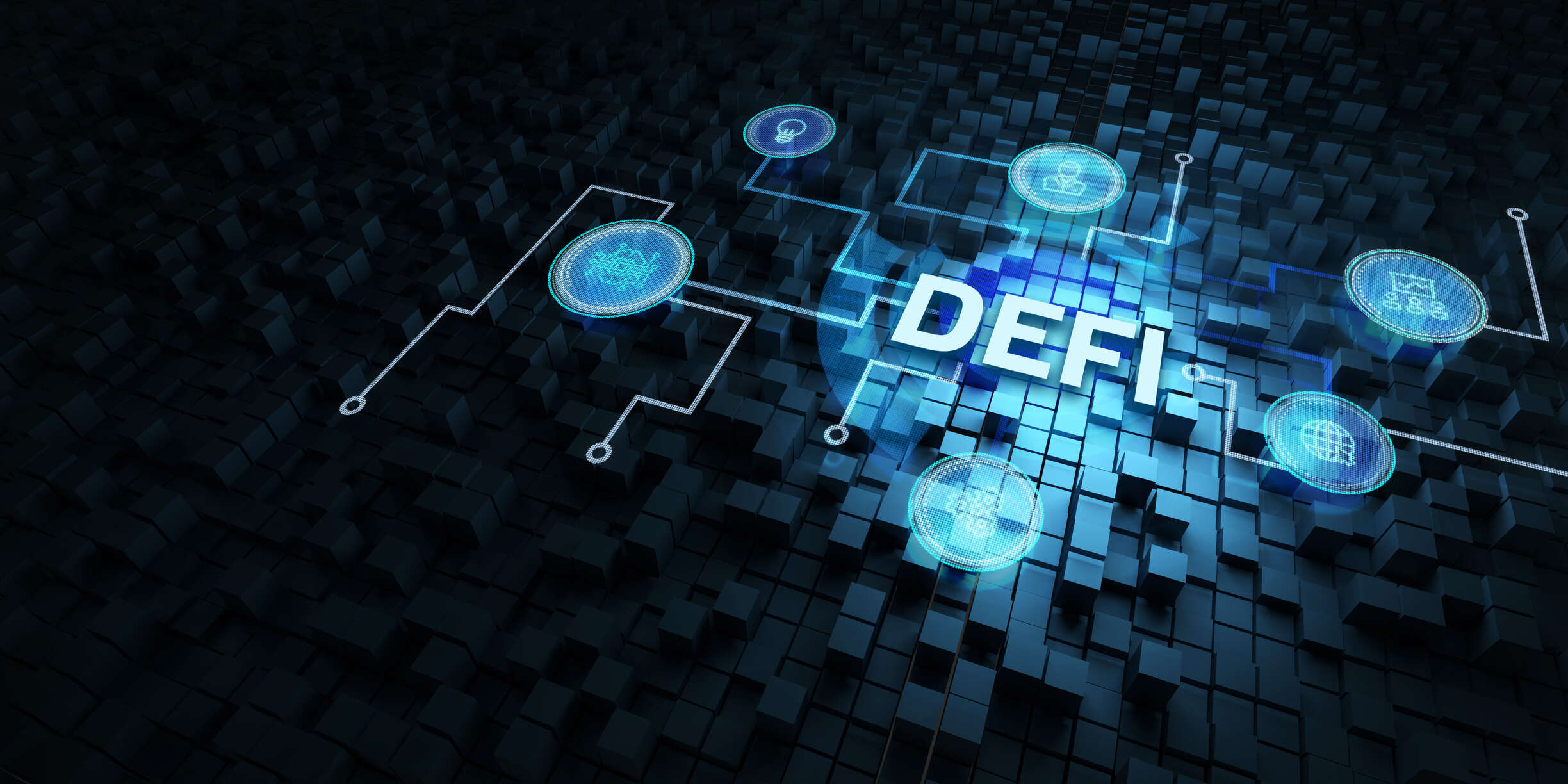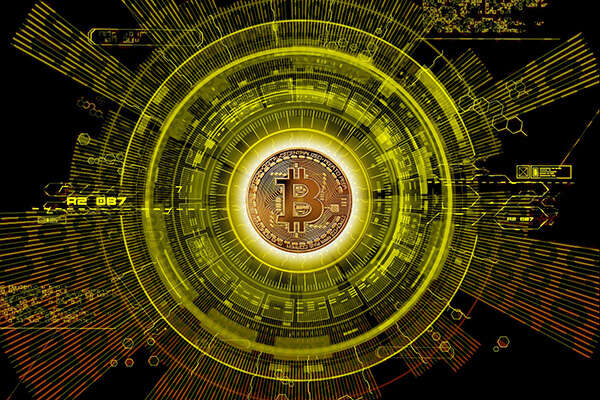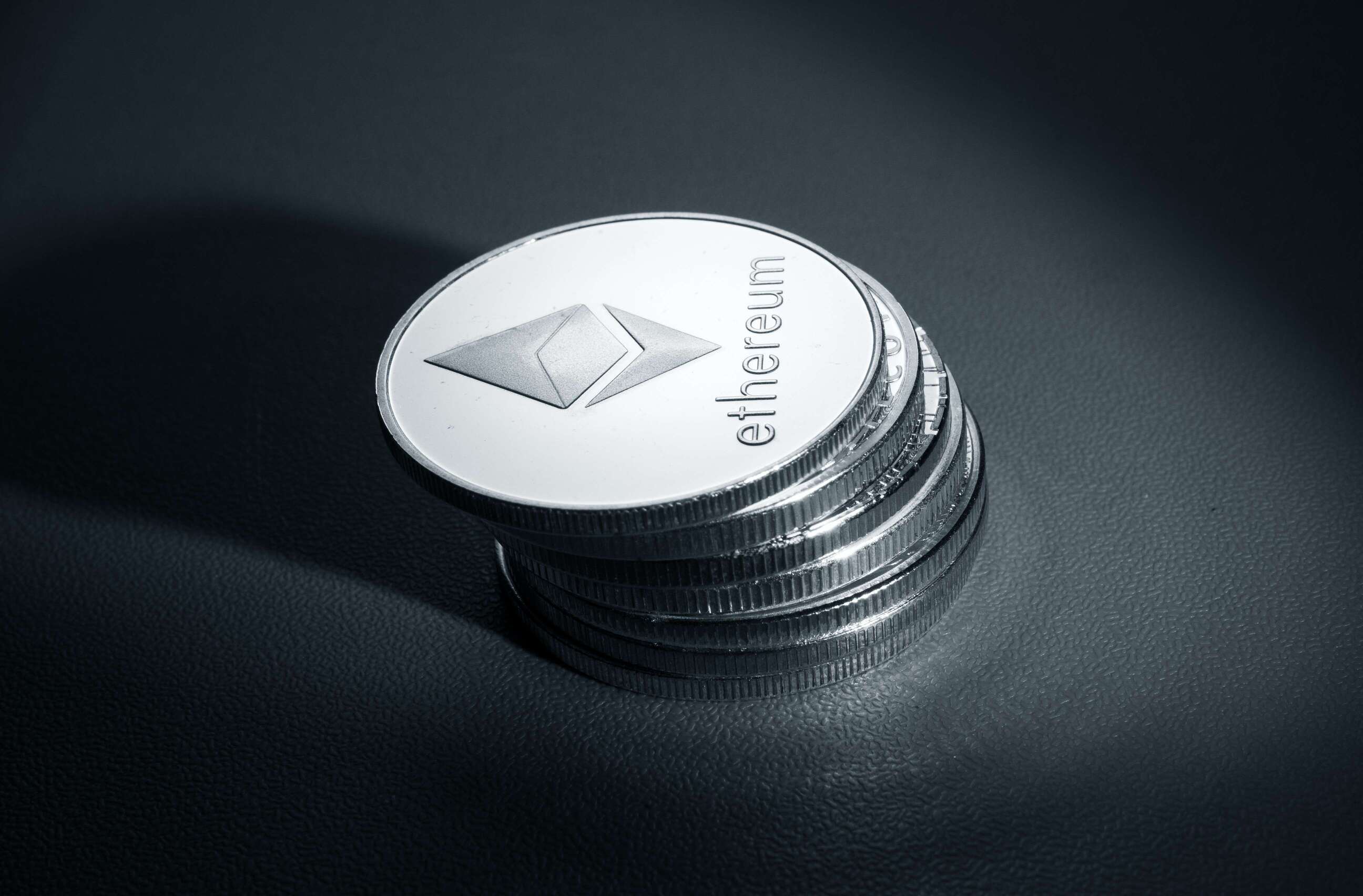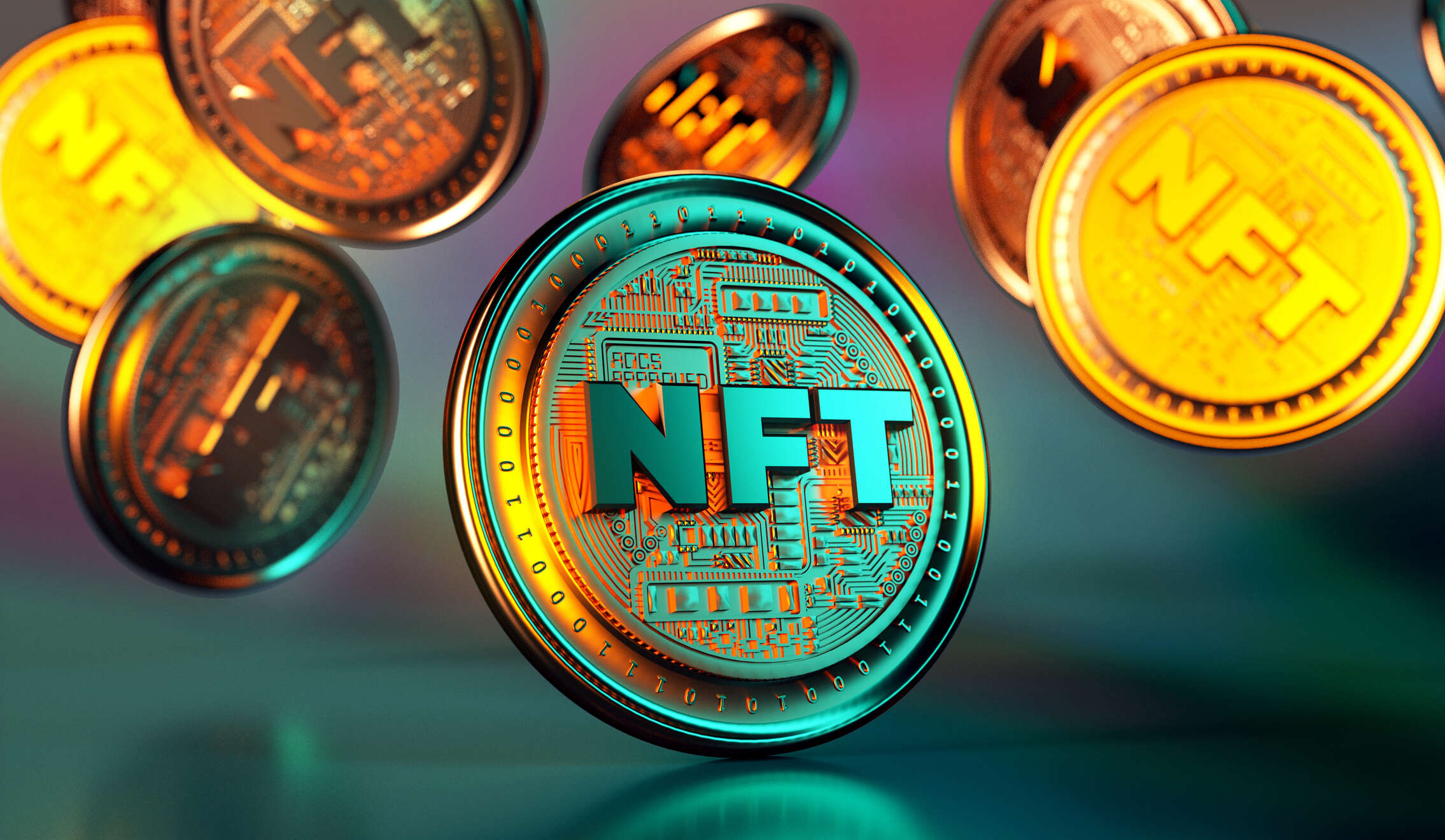WHAT IS DEFI?

"DeFi" is an 'abbreviation for "Decentralized Finance" and is the notion that represents a digital financial reality that does not require financial intermediaries, such as banks, to execute transactions. Furthermore, the term "decentralized" is used since the digital infrastructure is not supported by a single private server, (as in the case of traditional finance) but by the blockchain. The latter, in turn, allows a multitude of computers around the world to keep a copy of all executed transactions, so that no one can have total control over the ledger.
Decentralized finance services, such as exchanges, loans, and trading, are facilitated through the creation of Decentralized Applications (DApps), which allow the omission of intermediary involvement and associated costs.

Bitcoin is often considered the first example of DeFi, which enabled, for the first time, peer-to-peer (p2p) payments without the intervention of a bank (or other institution) as intermediary. Since the birth of BitCoin, DeFi has evolved considerably, offering services much more complicated than p2p payments.

Ethereum is an important player in the evolution of DeFi, as it has allowed to the public, in contrast to the Bitcoin blockchain, to develop their own DApps on their own blockchain (check the list of DApps based on the Ethereum blockchain and click here.
Recently, new blockchains such as Solana and Avalanche, which allow to create DApps, are becoming very popular.
A key point about DApps, from DeFi or not, is that they are managed by a community of contributors and developers, instead of a corporation. This community is called Decentralized Autonomous Organization (DAO), which, through blockchain and distributed ledger technology, gives power to each member (or token-holder) to make proposals or vote for changes on how the DApp works.
To find out more about DAOs click here !
What risks?
DeFi's services, as exciting as they are, are very risky. Leaving aside the more established blockchains such as Bitcoin and Ethereum where too there are risks but lesser ones, newer and lesser known projects can be complete scams. These are known as Rug Pulls, where founders promise large rewards, but after receiving enough funds through Initial Coin Offerings (ICOs), they switch off the plug and disappear. Up to $3Billion fell victim to this "scam" in 2021.

Another important application of DeFi are Non-Fungible Tokens (NFTs) and financial assets in the Metaverse.
click here to discover the world of non-fungible tokens and its investment opportunities!
What are the advantages?
- Financial intermediaries are no longer needed, removing the profit margins and costs required.
- No one except you has access to or control over your tokens, so they cannot be lost in a bank failure or confiscated by authorities.
- DApps are accessible to everyone, without geographic boundaries, and DeFi is accessible to everyone, without the need for financial credentials or credit scores.
- Blockchain is one of the most secure technologies, and DApps are Open-Source for anyone wants to explore and to innovate.
What about the disadvantages?
- Being Open-Source, it is easier for hackers to develop a plan of attack.
- Since there are no formalized controls by authorities, use of the technology can overflow on illicit purposes.
- Payments made on blockchain irreversible. Although this protects sellers from buyer fraud, escrow services must be implemented to protect the buyer.